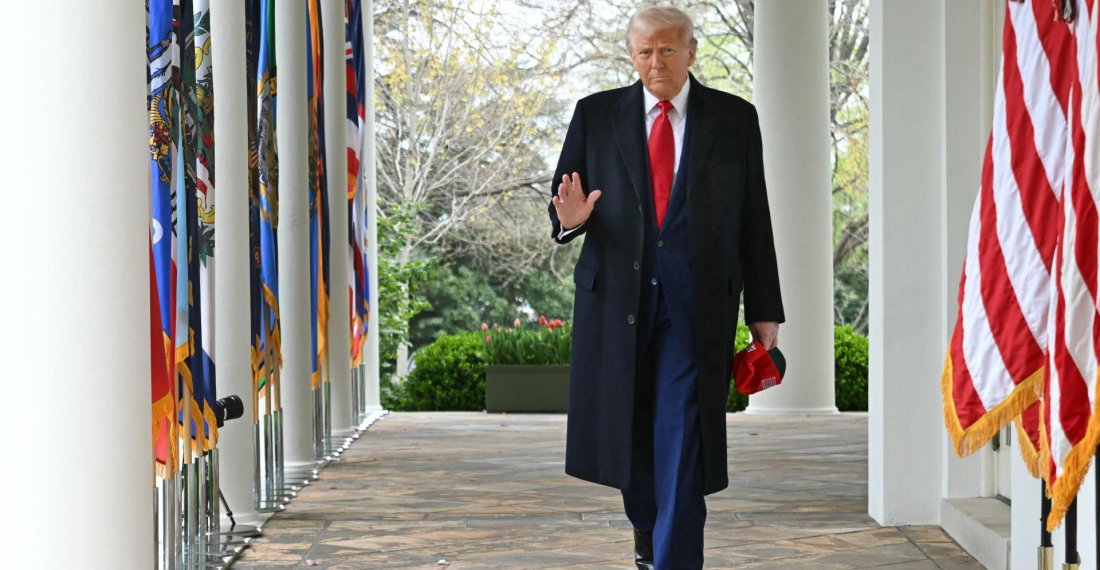US envoy Steve Witkoff is expected to visit Russia this week, a Kremlin aide said Tuesday, as US President Donald Trump seeks a speedy deal to end the three-year Ukraine conflict. Trump, who promised on the campaign trail to strike a deal between Moscow and Kyiv in 24 hours, has failed since his return to office three months ago to wrangle concessions from Russian President Vladimir Putin to halt his troops in Ukraine.
Trump said over the weekend he hoped a peace deal could be struck "this week" despite no signs the two sides were anywhere close to agreeing even a ceasefire, let alone a wider long-term settlement. Putin's spokesman Dmitry Peskov warned Tuesday against rushing into a speedy ceasefire, telling a state TV reporter that the issue was too "complex" for a quick fix. "It is not worth setting any rigid time frames and trying to get a settlement, a viable settlement, in a short timeframe," he said.
Kremlin aide Yuri Ushakov meanwhile told state media that Witkoff was expected this week in Moscow, his fourth visit to Russia since Trump took office. Moscow's forces hold around a fifth of Ukrainian territory and tens of thousands of people have been killed since the military offensive started in February 2022.
After rejecting a US-Ukrainian offer for a full and unconditional ceasefire last month, Putin announced a surprise Easter truce over the weekend. Fighting dipped during the 30-hour period but Russia launched fresh attacks on residential areas on Monday and Tuesday, Ukrainian officials said.
Kyiv and its allies dismissed the truce as a public relations exercise from Putin. "The Easter truce that he announced somewhat unexpectedly was a marketing operation, a charm operation aimed at preventing President Trump from becoming impatient and angry," French Foreign Minister Jean-Noel Barrot told FranceInfo radio.
Ukraine's allies will meet in London on Wednesday, a senior Kyiv official told AFP, when they are expected to continue discussions on the contours of a possible deal they could all get behind. European leaders are scrambling to work out how to support Ukraine should Trump pull Washington's vital military and financial backing.
Ukrainian President Volodymyr Zelensky said his team's "first priority" at the London talks would be "an unconditional ceasefire". Zelensky proposed to Russia on Sunday a half of missile and drones strikes against civilian facilities for at least 30 days. While saying he would "analyse" the idea, Putin threw doubt on it 24 hours later by accusing Kyiv of using civilian facilities for military purposes. He held open the prospect of bilateral talks on the topic, though the Kremlin said there were no fixed plans to engage with Kyiv.
In Paris last week, US Secretary of State Marco Rubio presented Washington's plan for ending the conflict, though both he and Trump warned that Washington's patience was running thin and could lead it to withdraw. Many in Ukraine fear any US-brokered settlement would benefit Russia.






